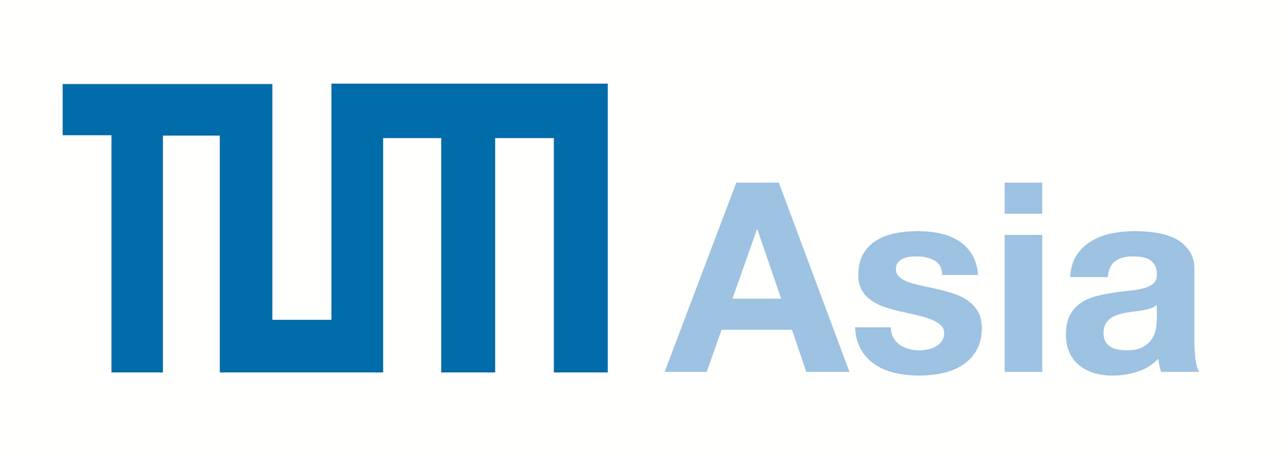3 important questions being asked by our current applicants and our replies to them
Struggling to submit an application? Have a burning question pertaining to application submission? Fret not, we are here to help! Here is a list of 3 common and important questions our current applicants have posed to us at TUM Asia’s Admission Office, and our responses to these.
- What are the factors that the admission committee take into account for application evaluations?
Your application will be evaluated on a holistic basis, based on its individual merits. The following are factors that will affect your application:
- The standing of the University in which you completed your Bachelor studies;
- The Modules you have taken and Grades you obtained in your Bachelor studies;
- The Recommendation Letters written by your Professor or Employer about you (this applies only for MSc in Green Electronics, MSc in Integrated Circuit Design and MSc in Industrial Chemistry applications);
- The Quality of the Statement of Purpose that you have written;
- Your Level of English competency; as well as
- Your strengths as listed in your Curriculum Vitae (CV): Other relevant work/internship experiences, any scientific paper(s) you may have published, any relevant projects you may have completed, and any awards you may have achieved, among others.
- What advice can you provide so that I can improve my application?
Our advice is:
- Improve the Statement of Purpose that you submit to us.
Your Statement of Purpose is one of the most important documents in your application submission! This is because it explains to us your motivations for joining our MSc programmes, what has inspired you to apply, and why you choose to study at TUM Asia. It is therefore crucial to submit a sufficiently detailed Statement of Purpose to us – the recommended length of your Statement of Purpose should be 1 to 2 pages as we feel that this is a sufficient length to write a convincing yet concise Statement of Purpose.
Please proofread your Statement of Purpose carefully! Many statements submitted to us contain:
- Basic errors in grammar and spelling;
- Slips in sentence structure;
- Unclear sentences due to the use of synonyms that obscure rather than clarify what you mean;
- Use of irrelevant clichés
Remember that the main intent of your Statement of Purpose is to tell us what motivates and inspires you to apply to us, therefore, strive to craft a clear and convincing statement that captures the attention of the admission committee to convince them of your keenness to join TUM Asia.
- Improve the quality of the recommendation letters you submit to us (this applies only for MSc in Green Electronics, MSc in Integrated Circuit Design and MSc in Industrial Chemistry applications)
You must upload a minimum of 2 recommendation letters. The recommended length of each letter is 1 to 2 pages. Some of the recommendation letters submitted to us may not be sufficiently long. It is therefore recommended that you find faculty or employers that know you well enough to write a convincing recommendation letter that informs the admission committee of your strengths in character and personality, and how these make you an ideal candidate to join our MSc programmes. If the professors are able to estimate where you stand among the cohorts of students they have taught (eg. Top 10% of the cohort), our admission committee will be better informed to make a clearer judgement of how suitable you are to join our MSc courses.
- Make your Curriculum Vitae (CV) stand out!
The recommended length for your CV is 1 to 2 A4-sized pages. Include pertinent skillsets that are relevant to the programme you are applying for. Also list down your internship, employment and exchange experiences, as all these give us a clearer picture as to how you are like in the academic and career field. Let us know if you have published any scientific papers as well. You must indicate all information from pre-university and after without breaks in the timeline. Do not leave gaps in your educational history – let us know if you have taken a gap year in your resume. Lastly, do remember to proofread your CV for language errors as well to weed them out.
- How do I correctly notarise my documents and what are the documents that require notarisations?
All Bachelor Degrees/Provisional Degrees/Enrolment certificates, as well as all Academic Transcripts/Marksheets, are required to bear notarisations. We do not encourage you to submit original academic documents as we do not return any documents that have been submitted to us.
Notarisations are marked by an original seal that may be either an ink or embossed seal. An ink seal will bear an emblem while an embossed seal will bear a raised emblem.
If your certificate or transcripts consist of more than one page, you must prove that all the pages belong to the same document and belong to you. If there is your name/a matriculation number on every page of the document, you may obtain the seal on every page separately. However, if your name/a matriculation number is NOT present on every page of the document, you must inform the notarising party to fold the corners of all the pages and stamp the seal over the folded corners, so that each page receives a part of the seal.
We would like to stress that stamps alone are NOT sufficient. A stamp will only bear inked wordings without any emblem at all. In additional, photocopied or printed seals are not acceptable, so please do not send us coloured copies or photocopies of documents that bear a seal.
Engineer the future we live in with a Master of Science degree from Technical University of Munich (TUM) Asia, the Singapore campus of Germany’s #1 University.
Admissions for the August 2020 intake are open, start your application today: www.tum-asia.edu.sg/adm

















